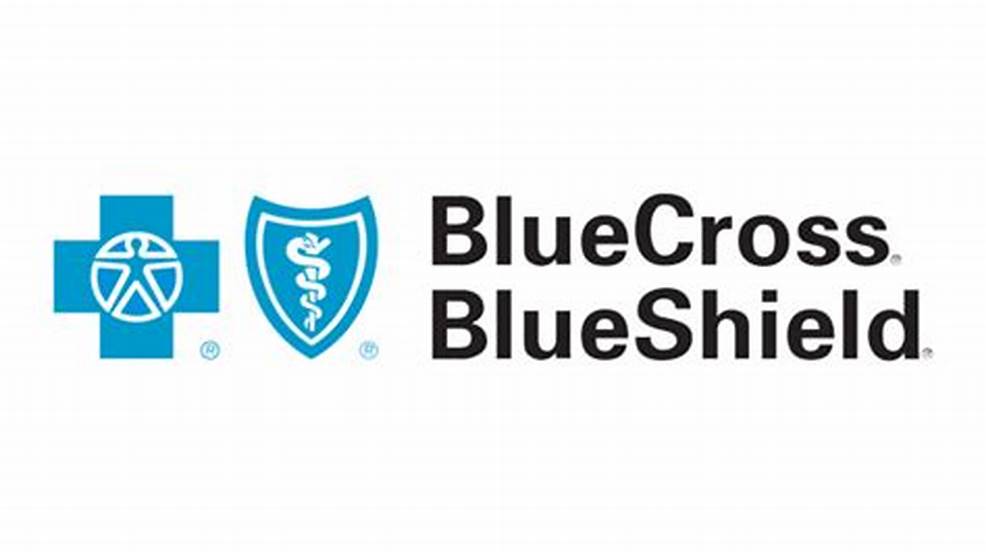
Does Blue Cross Blue Shield Insurance Cover Weight Loss Surgery? Are you thinking about getting surgery to help you lose weight so that you can enhance your health and overall wellbeing? If you have insurance through Blue Cross Blue Shield, you might be curious about whether or not the company will pay for the costs associated with weight loss surgery.
We are going to go into the intricacies of Blue Cross Blue Shield insurance and its coverage for weight reduction surgery in this article. Let’s investigate the ways in which this insurance company may be able to help you on your quest toward a healthy lifestyle.
Table of Contents
What does it mean to have insurance from Blue Cross and Blue Shield?
Blue Cross Blue Shield is a well-known health insurance provider that serves individuals and families all over the United States by providing them with access to a comprehensive selection of plan alternatives.
Numerous people select Blue Cross Blue Shield as their health insurance carrier since the company maintains both a robust network of medical professionals and a dedication to enhancing the overall health of its members.
Gaining an Understanding of Surgical Weight Loss To The Question – Does Blue Cross Blue Shield Insurance Cover Weight Loss Surgery?

Weight loss surgery, commonly referred to as bariatric surgery, is a medical operation aimed to assist persons in losing weight when other techniques have been shown to be unsuccessful.
Those who are battling extreme obesity and the associated health problems may find that this option is a game-changer for their lives.

READ MORE: HerbsMedication.com – How it Can Transform Your Journey Toward Health and Wellbeing [ DOMAIN NAME FOR SALE ]
Does Weight Loss Surgery Fall Under Blue Cross Blue Shield’s Coverage?
In certain circumstances, the Blue Cross Blue Shield insurance policy will, in fact, pay for weight loss surgery. However, coverage can be different based on the particular insurance you have and the state in which you live.
It is vital to check the specifics of your policy and get in touch with your insurance provider in order to comprehend the level of coverage you have.
Eligibility Requirements in Order to Receive Coverage
In order to qualify for insurance coverage of weight loss surgery, you will likely need to satisfy a set of requirements. Among these criteria, it is common to find:
- A body mass index (BMI) that is more than a predetermined limit.
- Testimonies of people who have used conventional approaches to lose weight.
- A determination to effect changes in one’s way of life.
READ MORE: buypaypal.com: Uncovering The Potential And Comprehensive Reference To Your Online (100%) Presence [ DOMAIN NAME FOR SALE ]
Varieties of Surgeries for the Purpose of Weight Loss
Surgical methods for weight loss come in a variety of forms, including the following:
- “Gastric Bypass Surgery” entails establishing a smaller stomach pouch in order to restrict the amount of food that can be consumed after the treatment.
- A sleeve gastrectomy is a procedure in which a piece of the stomach is removed. This reduces the size of the stomach and the patient’s appetite.
- The procedure known as gastric banding involves the placement of a band around the upper portion of the stomach in order to limit the amount of food that may be consumed.
Expenses and Other Costs
Although Blue Cross Blue Shield might pay for the operation to help you lose weight, you should still be prepared to pay some of the costs out of your own cash. It is essential that you have a solid understanding of your financial responsibilities because you may be required to pay deductibles, copayments, and other costs.
Steps to Take to Get the Process Started
If you think you match the qualifying requirements and are interested in pursuing weight loss surgery, the following steps are what you need to do to get started:
- Speak with your family doctor or other primary care provider.
- Ask your primary care physician for a referral to a bariatric surgeon.
- Make an appointment to talk things over with the surgeon.
- Determine together with your surgeon the surgical approach that will best serve your needs.
Getting Ready for the Operation to Lose Weight
The process of getting ready for weight loss surgery entails more than just getting physically ready. You’ll need to make big adjustments to your lifestyle and ensure that you have a solid support structure in place before you can expect to see results. These are the following:
- Counseling in the area of nutrition – Psychological tests and evaluations
- Encouragement and help from one’s family and friends.
READ MORE: BREAST ENHANCEMENT – HOW I SAVED TONS OF MONEY WITH BREAST ACTIVES – 40% OFF

READ MORE: Select Visacreator.com: Unveiling the Creative Potential (100% Unique) [ DOMAIN NAME FOR SALE ]
Care and Support Following the Operation
The portion of your journey that involves recovery from weight reduction surgery is an important one. This includes the following:
- Adhering to a regimented eating and exercise schedule
- Keeping up with your postoperative checkups with your surgeon – Engaging in consistent physical activity
Examples of Real People’s Achievements and Their Actual Results
In order to provide you with some real-life examples of people who have lost a significant amount of weight following weight reduction surgery that was covered by Blue Cross and Blue Shield, here are some real-life success stories:
- The Transformation of John: John underwent gastric bypass surgery, which resulted in him losing over 100 pounds and improving both his overall health and the quality of his life.
- “Sarah’s Journey”: Sarah was able to overcome the health problems that were caused by her weight and restore her confidence after she had a sleeve gastrectomy.
- Michael’s Story: Michael’s success with gastric banding shown that it is possible to lose weight even when one has a full schedule of activities.
- [The Triumph of Emily] Emily’s commitment to the post-surgery care she received resulted in a spectacular weight loss and a newfound sense of who she was.
- “David’s Path to Wellness”: Following surgery, David made a conscious effort to make changes in his lifestyle, which had a profound impact on both his life and his perspective.
READ MORE: Select Coffeebeanusa.com: Unveiling It Online Presence For Your Business. [ DOMAIN NAME FOR SALE ]
Concluding Remarks
In conclusion, Blue Cross Blue Shield insurance may provide coverage for patients who are qualified to have weight loss surgery. It is absolutely necessary to go over your policy with your healthcare professional and get their input in order to identify the different coverage alternatives you have.
Keep in mind that the decision to have weight reduction surgery is a major one that involves a long-term commitment in addition to adjustments in lifestyle. It is feasible for you to make progress toward a better and happier version of yourself if you have the correct support and are determined.

FAQs
Question 1
If I have Blue Cross Blue Shield insurance, do I have the freedom to choose any surgeon for my weight loss surgery? Despite the fact that Blue Cross Blue Shield frequently has a network of preferred providers, it is imperative that you verify with your insurance carrier to confirm that the surgeon of your choice is covered.
Question 2
How long does it take to get back to normal after having surgery to reduce body fat? The length of time it takes to recover from surgery varies greatly from case to case. In most cases, patients are able to resume their normal activities within a few weeks to a few months after receiving treatment.
Question 3
Does insurance for weight reduction surgery have any restrictions regarding the patient’s age? It is imperative that you review your insurance policy in order to obtain particulars regarding any age restrictions that may apply.
Question 4
In order to make an appointment with a bariatric surgeon, do I need a referral from my primary care physician? Yes, in order to visit a specialist like a bariatric surgeon, many insurances policies demand that you first receive a recommendation from your primary care physician.
Question 5
Is the weight loss achieved through surgery long-term? The maintenance of a healthy lifestyle is essential for continued success following weight loss surgery, which may give outcomes that are both considerable and long-lasting. Your dedication to the post-operative treatment that is prescribed as well as the lifestyle adjustments that are recommended has a key influence in determining the longevity of the outcomes.




























Leave a Reply